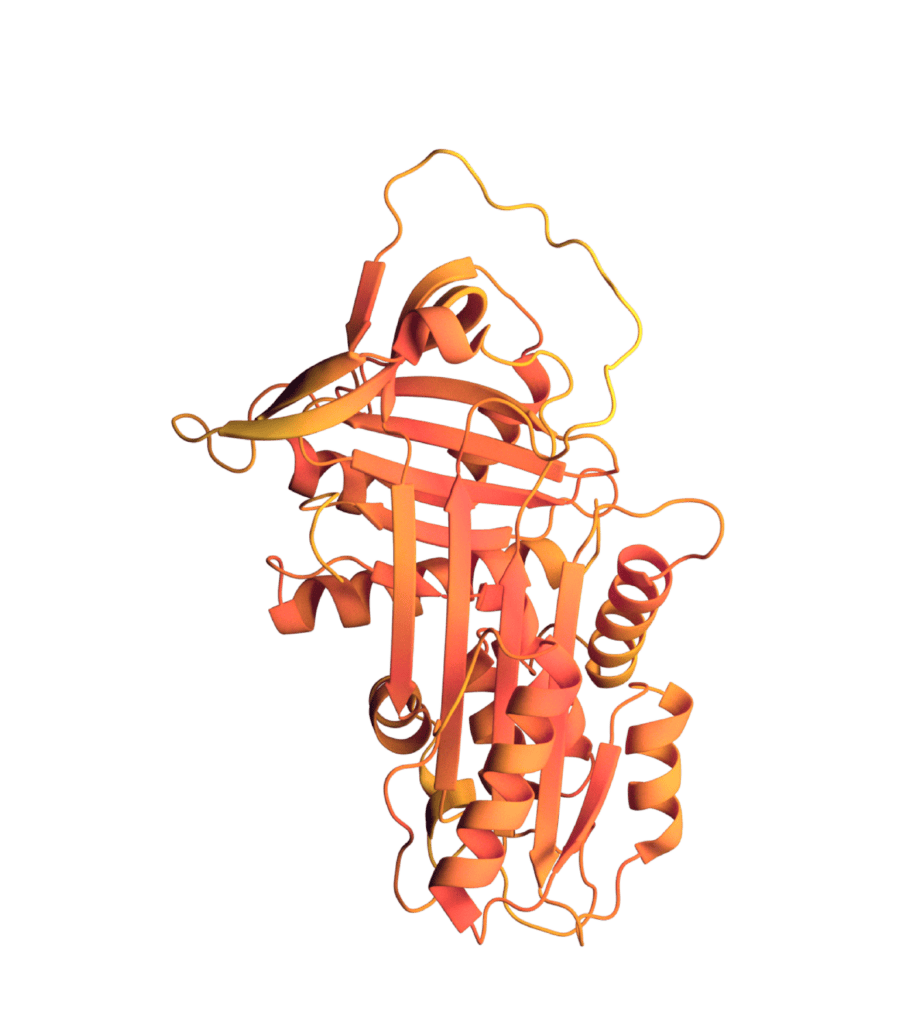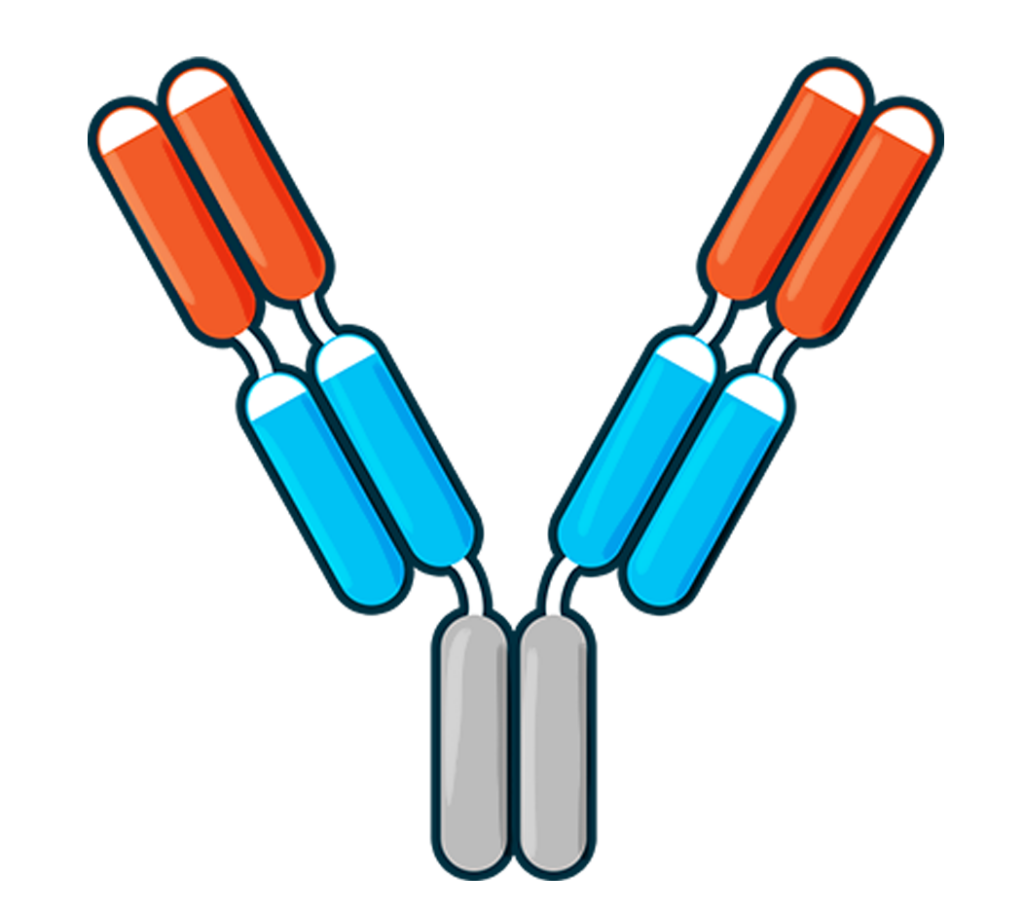



Fast Track Designation; Orphan Drug Designation

Overview
SerpinPC is a subcutaneously administered novel inhibitor of APC being developed as a potential treatment for hemophilia, regardless of severity or inhibitor status, and may also prevent bleeding associated with other bleeding disorders. Centessa is advancing the registrational program for SerpinPC in hemophilia B, which includes a set of clinical studies with multiple components. PRESent-5, initiated in late 2022, is an observational feeder study to collect prospective observational data for minimum defined periods before switching to dosing subjects in the interventional studies. The interventional studies include PRESent-2 (moderately severe to severe hemophilia B without inhibitors, and severe hemophilia A with and without inhibitors) and PRESent-3 (hemophilia B with inhibitors). Additional information on the trials can be accessed at www.clinicaltrials.gov (NCT05605678, NCT05789524, NCT05789537). SerpinPC is an investigational agent that has not been approved by the FDA or any other regulatory authority.
Reason to Believe in Target
Human Genetics Support
Hemophilia B